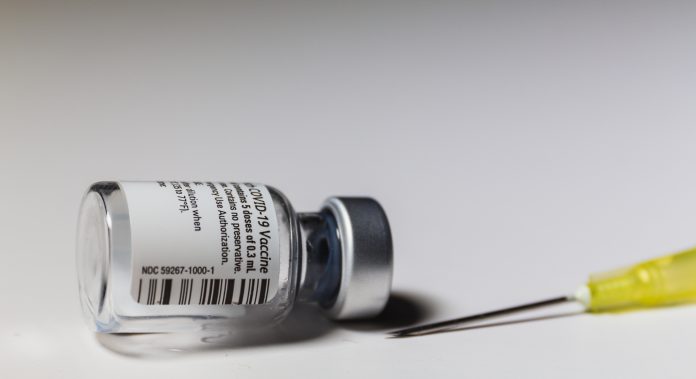The real-world study finds that fully vaccinated teenagers are 90% less likely to catch COVID, according to an analysis of over 90,000 people
So far, COVID-19 has reduced life expectancy across the world in a way previously seen during WWII. Now, vaccines have been in operation for richer countries, for a substantial amount of time.
Have they made a real difference for vaccinated teenagers?
The study, conducted by the Clalit Research Institute, is the largest test of how a COVID vaccine works for teenagers across a single country. The analysis conducted in Israel also has the added benefit of happening during a time of Delta variant domination, giving the scientists a way to see how the Pfizer vaccine works against it.
The team worked with the data of 94,354 vaccinated adolescents aged 12 to 18, comparing this against 94,354 unvaccinated adolescents.
“Strong argument” in favour of vaccination
Prof. Ran Balicer, senior author of the study, Director of the Clalit Research Institute and Chief Innovation Officer for Clalit, said: “These results show convincingly that one week after the second dose, this vaccine is highly effective in adolescents against symptomatic COVID-19 and against all documented infections. These data should facilitate informed individual risk-benefit decision-making, and, in our view, make a strong argument in favor of opting-in to get vaccinated, especially in countries where the virus is currently widespread.”
Luckily, the vaccine appears to be strong against the Delta variant – especially when teenagers are double-dosed. When given both doses, vaccinated teens were 90% less likely to be infected with COVID, and 93% less likely to have symptomatic COVID.
Should more teenagers get the vaccine?
The study appears to support vaccine uptake.
There is no data that can paint a picture of how the vaccine changed death and hospitalisation rates, only because these outcomes have always been unlikely for teenagers.
Professor Ben Reis, Director of the Predictive Medicine Group at the Boston Children’s Hospital Computational Health Informatics Program and Harvard Medical School, said: “To date, one of the main drivers of vaccine hesitancy has been a lack of information regarding the effectiveness of the vaccine. This careful epidemiological study provides reliable information on vaccine effectiveness, which we hope will be helpful to those who have not yet decided about vaccination.”











